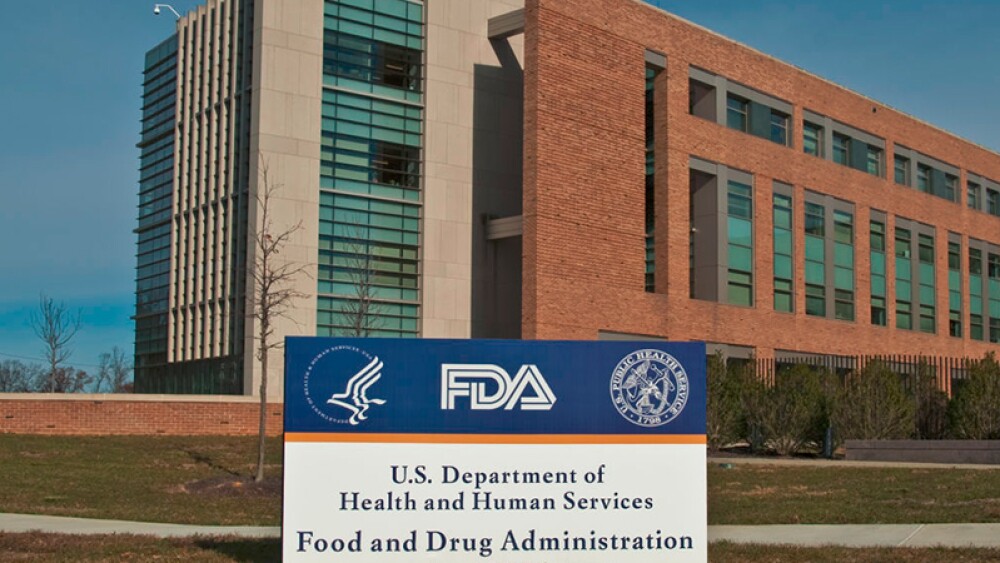September 5, 2017
By Mark Terry, BioSpace.com Breaking News Staff
Despite last week’s first-ever approval by the U.S. Food and Drug Administration (FDA) of Novartis AG ’s CAR-T therapy, the death of the first patient to receive Cellectis ’ own CAR-T product is a reminder that this is a new, cutting-edge and potentially risky therapy.
Based in Paris with research facilities in the U.S., Cellectis reported that the FDA had placed both its UCART123 Phase I clinical trials in acute myeloid leukemia (AML) and in blastic plasmacytoid dendritic cell neoplasm (BPDCN) on clinical hold. The hold came after the death of the first patient in the BPDCN study died. The patient was a 78-year-old male who had received one previous therapy. He received a 30mg dose of fludarabine for four days and a dosage of cyclophosphamide for three days as a preconditioning treatment. Then he received the dosage of UCART123 cells without complication. At day 5, the patient experienced a grade 2 Cytokine Release Syndrome (CRS) and a grade 3 lung infection.
The patient improved after receiving a dose of tocilizumab and broad spectrum intravenous antibiotics. On day 8 he experienced a grade 5 CRS with a grade 4 Capillary Leak Syndrome. Despite treatment with corticosteroids and tociluzumab, the patient died on day 9.
John Carroll, writing for Endpoints News, noted, “The FDA approved the first personalized CAR-T from Novartis just days ago, and Kite is expected to get an OK of its own soon. But the move by the FDA to slap a hold on these off-the-shelf therapies raises a host of thorny questions for Cellectis.”
He goes on to point out that Juno Therapeutics had to halt a trial of its own CAR-T therapy last year after patients died from cerebral edema. “Then in an astonishingly short period of just a few days,” Carroll wrote, “regulators agreed to let researchers proceed with the pivotal trial after a questionable change-up in the preconditioning regimen used to prepare patients for the cell therapy. Almost immediately after treatment resumed, three more patients died followed by a trial halt and the subsequent decision to scrap a drug Juno and the FDA clearly didn’t completely understand.”
CAR-T overall is where T-cells are engineered to attack patients’ cancer cells. The biggest difference between Novartis’ Kymriah for B-cell acute lymphoblastic leukemia, is that it is engineered for each individual patient. It’s a time-consuming, labor-intensive and expensive, though very effective, process. Cellectis’ UCART123 is a so-called off-the-shelf CAR-T product that is derived from donors, as opposed to the specific patient receiving the treatment.
Not surprisingly, Cellectis took a hit, dropping from $32.18 on September 1 to its current price of $24.12.
Biren Amin, an analyst at Jefferies, wrote in a note to investors, “We think there is a chance that CRS events could be mitigated upon lowering the dose of UCART123 beyond the DSMB recommendation and treating CRS symptoms more aggressively, although ultimately we look to more information. These events may be partially due to the UCART123 cells being from a healthy donor but, given the dearth of data, we think Cellectis needs to approach through a more holistic approach and utilizing key research on safety from autologous CAR-T trials over the last 3-4 years.”
Cellectis is also developing another off-the-shelf product, UCART19, with Servier Laboratories and Pfizer . It is being evaluated in clinical trials for acute lymphoblastic leukemia.





